MIT
Latest

Scientists study a 'hot Jupiter' exoplanet's dark side in detail for the first time
Scientists have studied the dark side of a 'hot Jupiter' exoplanet for the first time, revealing likely iron clouds and other surprises.
Jon Fingas02.21.2022
Boston's Federal Reserve says it has solved technical challenges of a 'digital dollar'
The US Federal Reserve is continuing its research into a "digital dollar" and has unveiled a technical specification for how it might work.
Steve Dent02.04.2022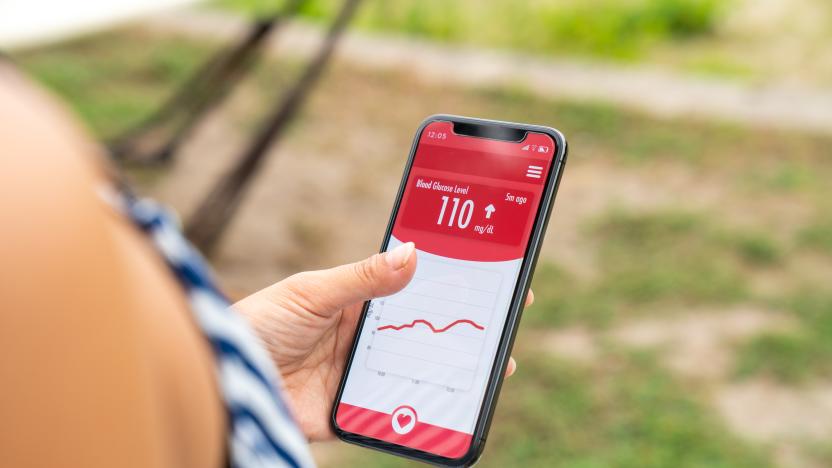
All-in-one diabetes devices could take the hassle out of insulin injections
MIT is developing all-in-one diabetes devices that could track blood glucose levels, inject insulin and otherwise reduce daily hassles.
Jon Fingas01.20.2022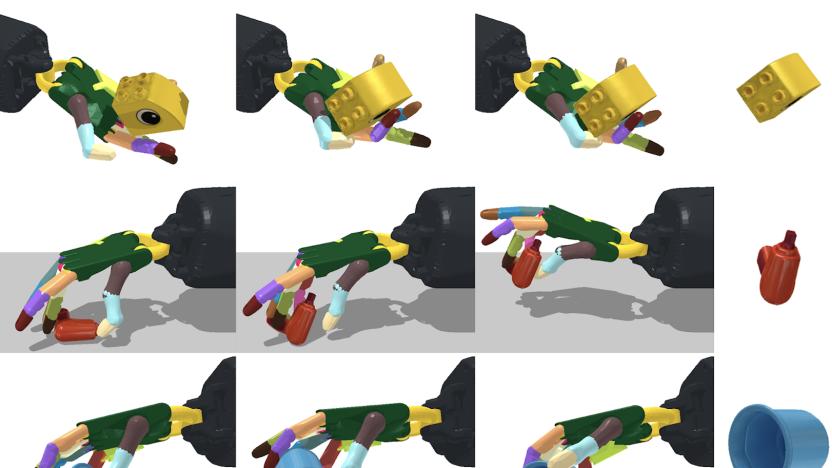
MIT researchers create AI system that could make robots better at handling objects
Using a model-free reinforcement AI algorithm, researchers created a simulated, anthropomorphic hand that could manipulate more than 2,000 objects.
Igor Bonifacic11.05.2021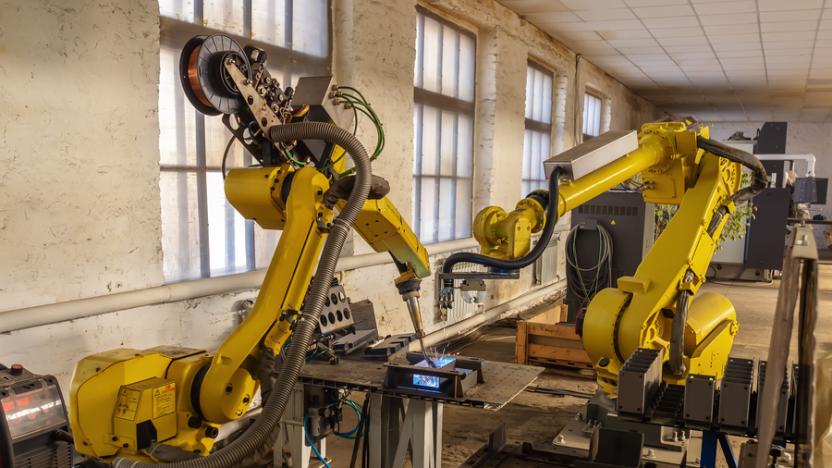
Researchers are working on giving robots social skills
MIT's CSAIL computer science researchers are trying to teach robots how to interact with other robots to to further their own goals.
Steve Dent11.05.2021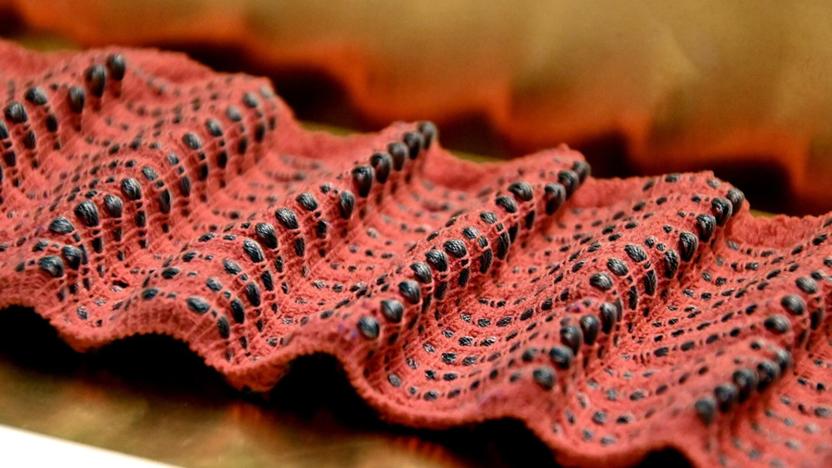
MIT researchers create fabric that can sense and react to its wearer's movement
The soft robotic fabric features a hollow center channel that allows a fluidic medium to travel through it.
Igor Bonifacic10.15.2021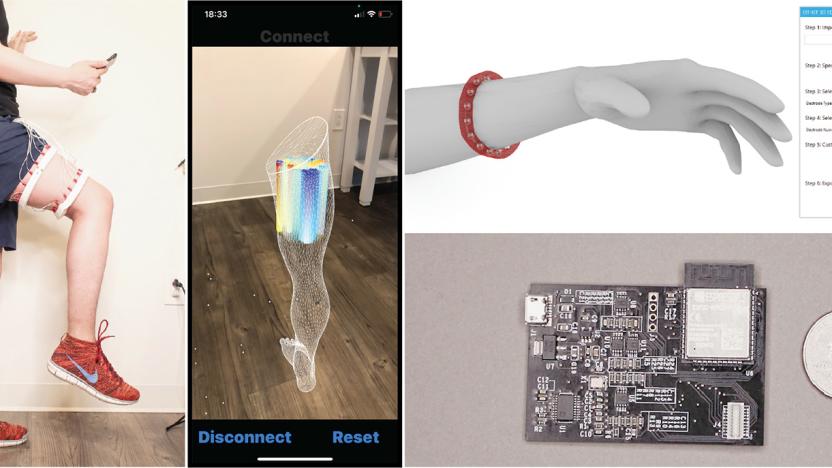
MIT's toolkit lets anyone design their own muscle-sensing wearables
MIT has unveiled a new toolkit that lets users design health-sensing devices that can detect how muscles move.
Steve Dent09.22.2021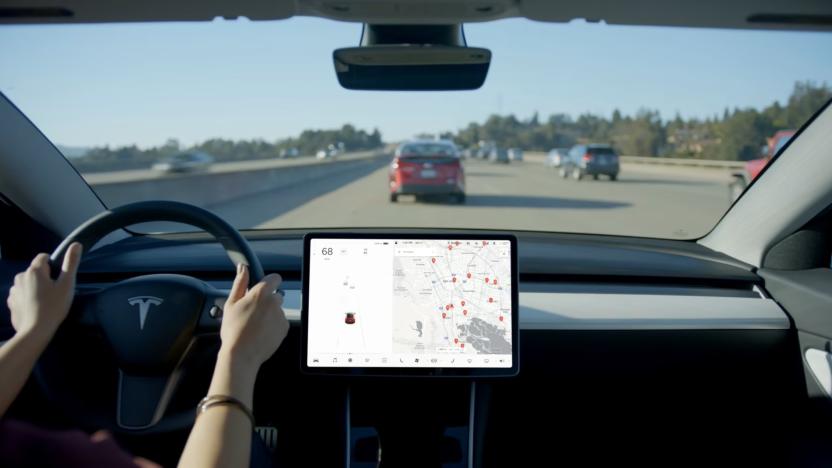
Tesla drivers become 'inattentive' when using Autopilot, study finds
MIT researchers studying glance data found that drivers become more inattentive when using Tesla's Autopilot system.
Steve Dent09.21.2021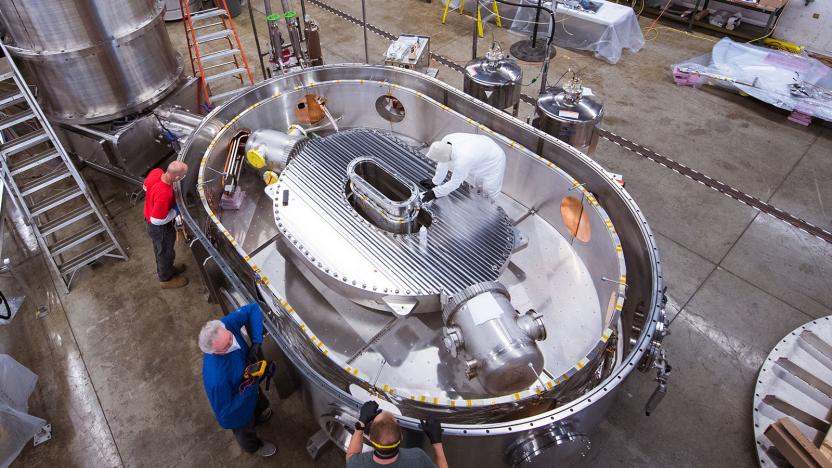
Fusion energy nears reality thanks to an ultra-powerful magnet
Fusion energy is closer to becoming a practical reality after researchers successfully tested an extremely powerful magnet.
Jon Fingas09.12.2021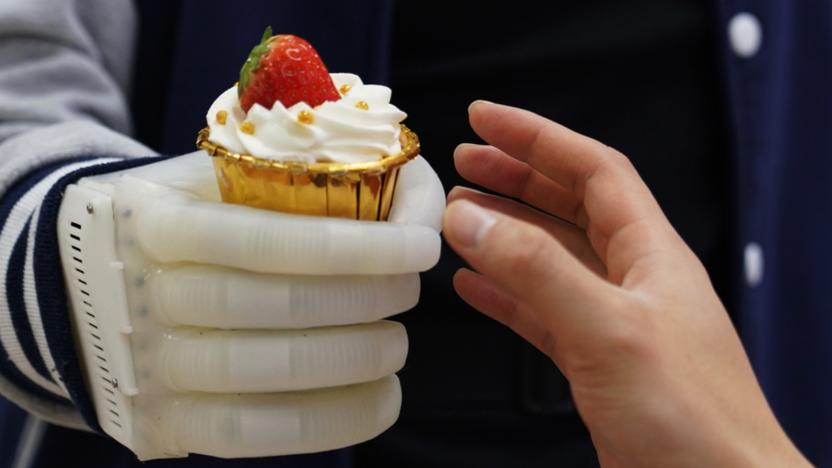
MIT developed a low-cost prosthetic hand that can help amputees feel again
In a joint project with Shanghai Jiao Tong University, MIT has designed a neuroprosthetic that costs about $500 to build.
Igor Bonifacic08.16.2021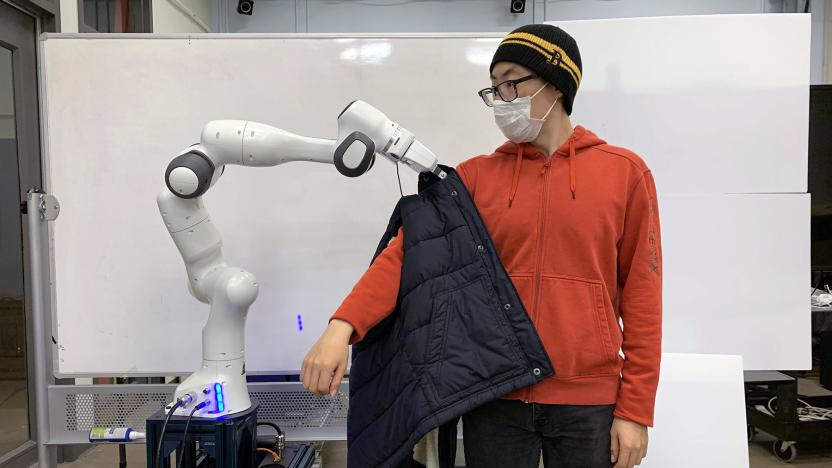
MIT robot could help people with limited mobility dress themselves
Scientists at MIT CSAIL have developed an algorithm that would allow robots to efficiently dress people by allowing for non-harmful collisions.
Steve Dent07.12.2021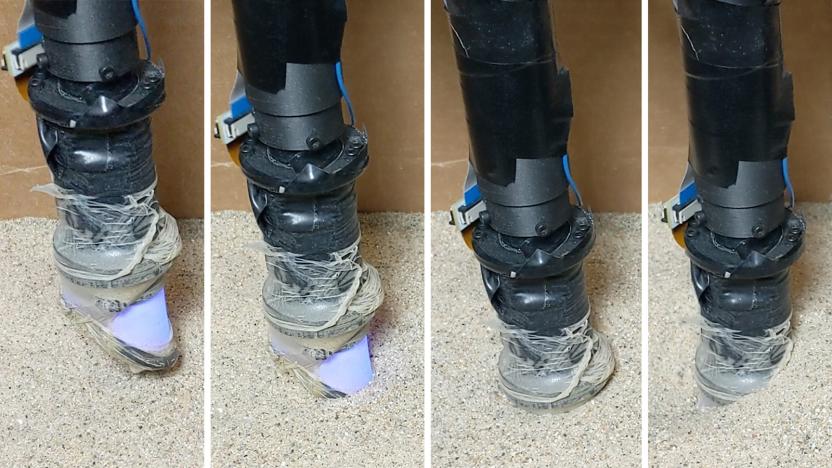
Robotic 'digger finger' could search for buried land mines
Researchers have built a robot 'finger' that can dig through sand to find buried items like land mines and cables.
Jon Fingas05.26.2021
MIT researchers use radio waves to help robots find hidden objects
With a wrist-mounted camera and an RF reader, RF Grasp can find and pick up objects, even if they're initially hidden from sight.
Igor Bonifacic04.02.2021
MIT study finds labelling errors in datasets used to test AI
Over three percent of data in the most-cited datasets was deemed inaccurate or mislabeled.
Kris Holt03.29.2021
Researchers say they've made smart clothes that actually feel like fabric
Researchers say they've made smart clothes that can track poses, pressure and more — all the while remaining as comfy as everyday clothes.
Jon Fingas03.24.2021
Insect-like drones can take a beating and keep flying
Researchers have built drones whose insect-like agility and toughness helps them fly through tight spaces — and take some punishment, too.
Jon Fingas03.02.2021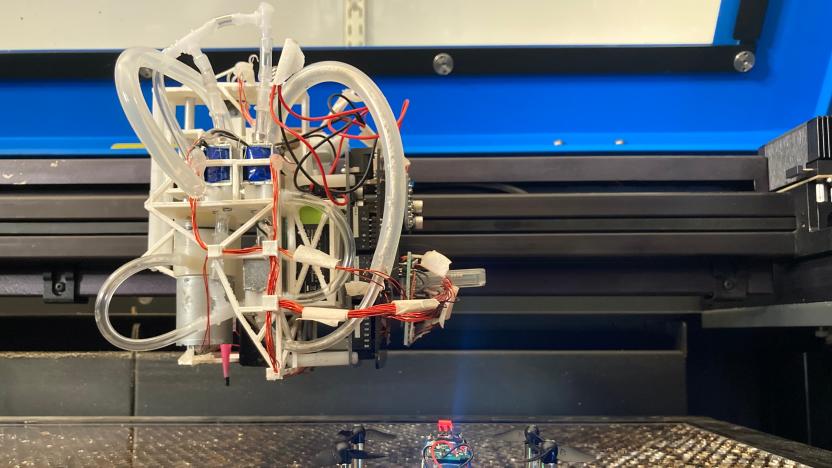
MIT researchers created a system that prints functional drones and robots
LaserFactory cuts out a shape, then adds circuitry and components.
Kris Holt02.08.2021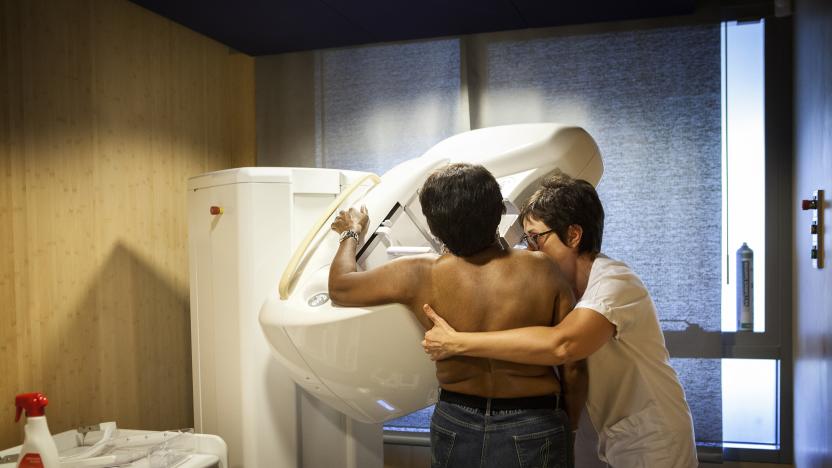
MIT's oncological risk AI calculates cancer chances regardless of race
Artificial intelligence and machine learning systems continue to be adopted into an ever wider array of healthcare applications, such as assisting doctors with medical image diagnostics. Capable of understanding X-rays and rapidly generating MRIs -- sometimes even able to spot cases of COVID -- these systems have also proven effective at noticing early signs of breast cancer which might otherwise be missed by radiologists. Google and IBM, as well as medical centers and university research teams around the world, have all sought to develop such cancer-catching algorithms.
Andrew Tarantola01.27.2021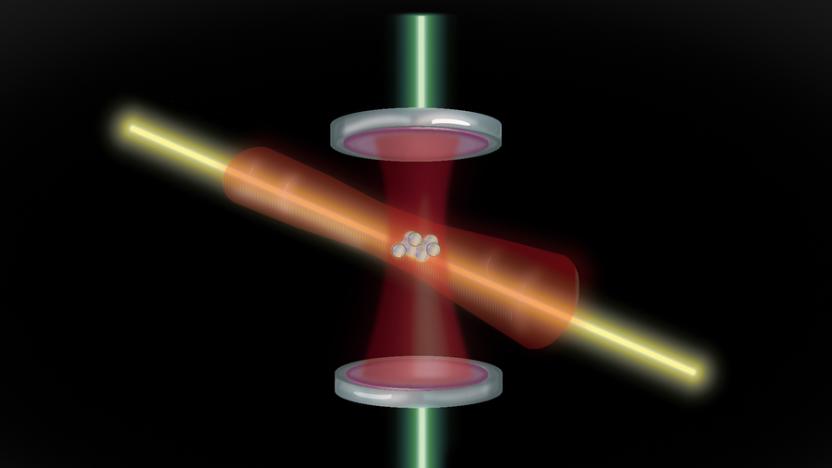
MIT researchers show quantum entanglement could make atomic clocks more accurate
It could help scientists explore issues such as the effect of gravity on time.
Kris Holt12.17.2020
MIT project generates custom robots to navigate different terrains
A team at MIT has built a platform to design the perfect robot for a specific terrain.
Daniel Cooper12.01.2020